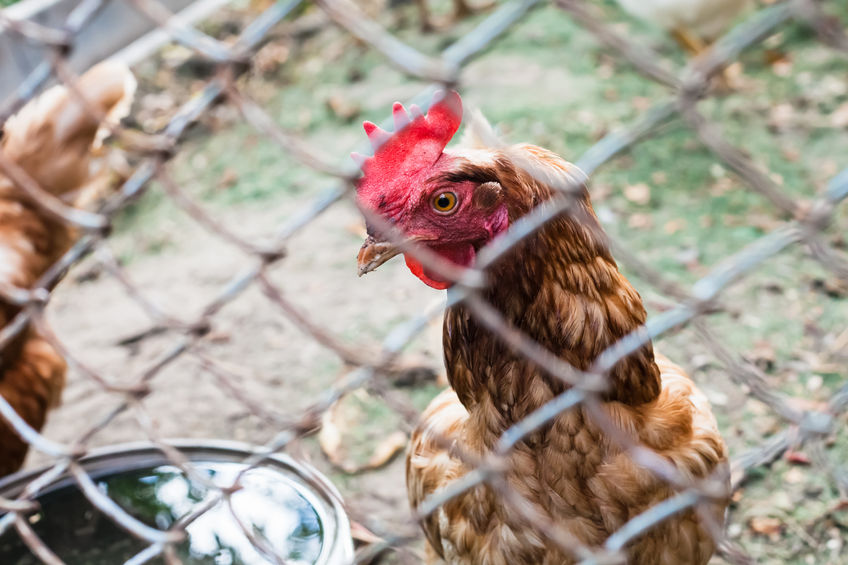Farmers urged to prepare for winter bird flu threat

Poultry farmers and backyard keepers have been urged by the government to prepare for winter's avian influenza threat.
The chief veterinary officers across the UK are urging for action to be taken now to reduce the risk of disease in their birds over the winter.
No cases of the disease were found in domestic poultry, either in commercial or small holdings, last year.
However, the H5N6 strain of avian influenza was confirmed in 21 wild birds between January and June 2018.
The government said it is continuing to monitor for avian flu and is working with the poultry and game bird industries to help prevent incursions.
A joint statement by the UK's four chief veterinary officers said: “Avian flu is a constant threat to all poultry, and with winter approaching there will be an increasing risk of disease incursion from migrating birds.
“It is therefore important that all keepers of poultry, including game birds and pet birds, act now to reduce the risk of transmission of avian flu to their flocks.
“Good robust biosecurity should be maintained at all times, including regularly cleaning and disinfecting the area where you keep birds and separating them from wild birds wherever possible.
“All poultry keepers across the UK are urged to remain vigilant and alert APHA in Britain or DAERA in Northern Ireland as soon as they suspect any signs of the disease.”
There are some simple measures that keepers, whether they are running a large farm or keeping a few hens in their back garden, should take to protect their birds.
These include:
• Keeping the area where birds live clean and tidy, controlling rats and mice and regularly disinfecting any hard surfaces
• Cleaning footwear before and after visits
• Placing birds’ feed and water in fully enclosed areas that are protected from wild birds, and removing any spilled feed regularly
• Putting fencing around outdoor areas where birds are allowed and limiting their access to ponds or areas visited by wild waterfowl
• Where possible, avoid keeping ducks and geese with other poultry species.








